Solar System: Things To Know This Week
Solar System: Things to Know This Week
Our solar system is huge, let us break it down for you. Here are a few things you should know this week:
1. Closeup of a King

For the first time since it entered orbit around Jupiter in July, our Juno spacecraft has flown close to the king of planets—this time with its eyes wide open. During the long, initial orbit, Juno mission managers spent time checking out the spacecraft “from stem to stern,” but the science instruments were turned off as a precaution. During this latest pass, Juno’s camera and other instruments were collecting data the whole time. Initial reports show that all went well, and the team has released a new close-up view that Juno captured of Jupiter’s north polar region. We can expect to see more close-up pictures of Jupiter and other data this week.
+Check in with Juno
2. Getting Ready to Rocket

Our OSIRIS-REx mission leaves Earth next week, the first leg of a journey that will take it out to an asteroid called Bennu. The mission will map the asteroid, study its properties in detail, then collect a physical sample to send back home to Earth. The ambitious endeavor is slated to start off on Sept. 8.
+See what it takes to prep for a deep space launch
3. New Moon Rising

The Lunar Reconnaissance Orbiter (LRO) has already mapped the entire surface of Earth’s moon in brilliant detail, but the mission isn’t over yet. Lunar explorers still have questions, and LRO is poised to help answer them.
+See what’s next for the mission
4. A Mock-Eclipse Now

We don’t have to wait until next year to see the moon cross in front of the sun. From its vantage point in deep space, our Solar Dynamics Observatory (SDO) sometimes sees just that. Such an event is expected on Sept. 1.
+See the latest sun pictures from SDO
5. Jupiter’s Cousins

Our galaxy is home to a bewildering variety of Jupiter-like worlds: hot ones, cold ones, giant versions of our own giant, pint-sized pretenders only half as big around. Astronomers say that in our galaxy alone, a billion or more such Jupiter-like worlds could be orbiting stars other than our sun. And we can use them to gain a better understanding of our solar system and our galactic environment, including the prospects for finding life.
Want to learn more? Read our full list of the 10 things to know this week about the solar system HERE.
Make sure to follow us on Tumblr for your regular dose of space: http://nasa.tumblr.com
More Posts from Curiositytherover and Others

Perseids over Moosehorn Lake, Utah
Credit: Eric Benedetti

Google uses Pixar’s ‘Inside Out’ to teach girls programming




Were you the type of kid that took apart telephones, pushed pennies into (old, CRT) TV sets or mixed as many under the sink cleaning agents together to call it a potion and see what would happen?
If you answered yes to any of the above, this is the gift guide for you!
So there’s supposed to be this amazing meteor shower tonight, but it’s raining and cloudy where I am and I’m pretty disappointed. I’ll have to watch the live stream.
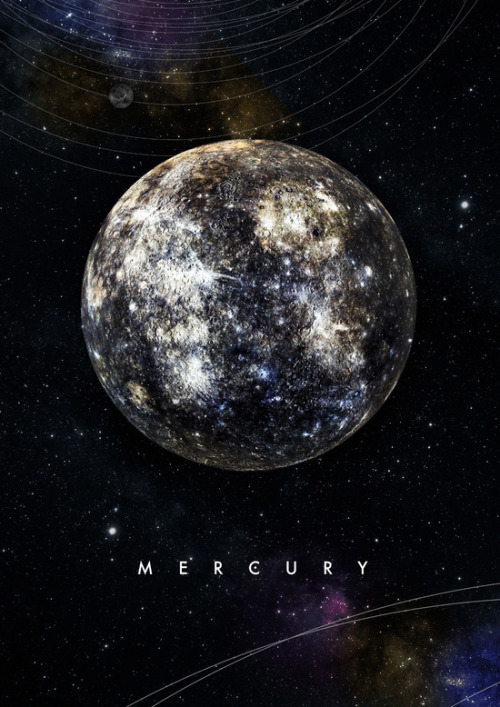
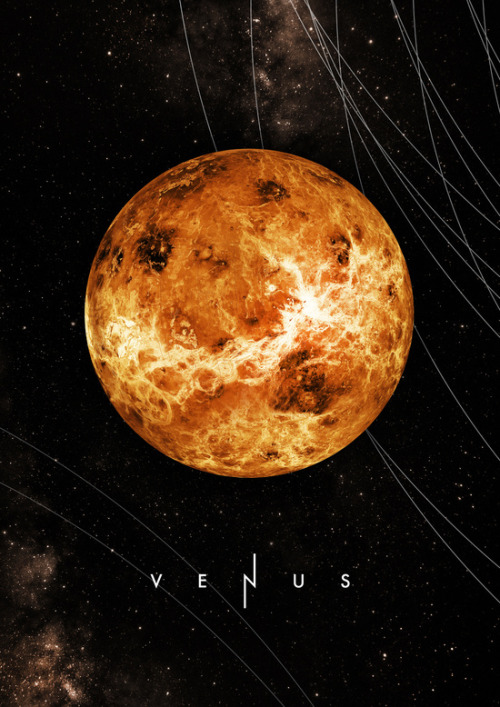
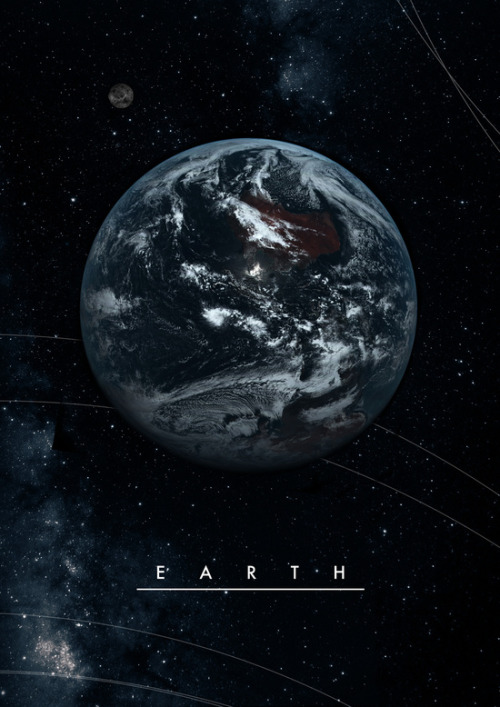
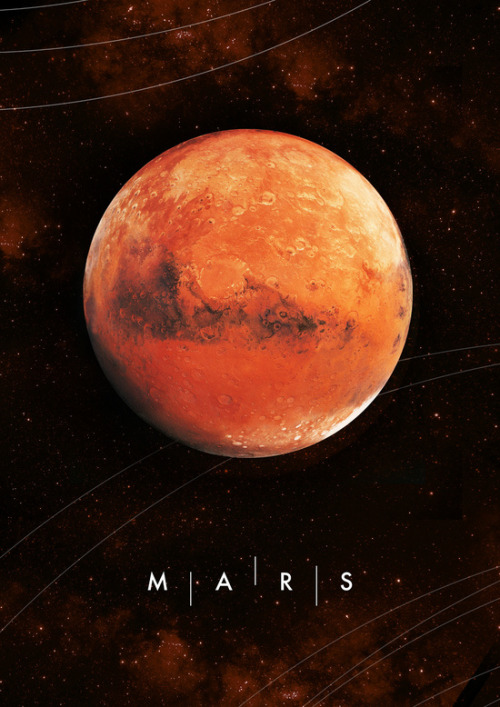
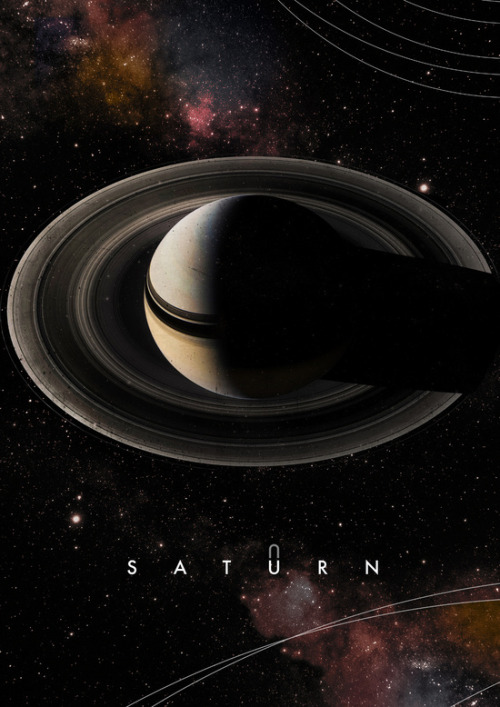
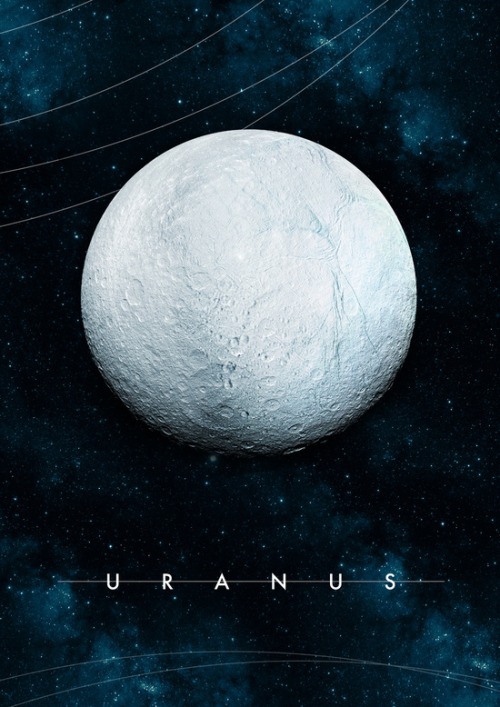
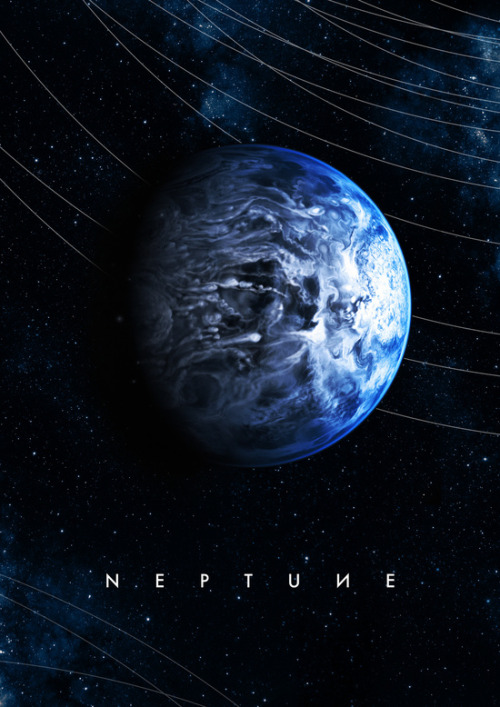
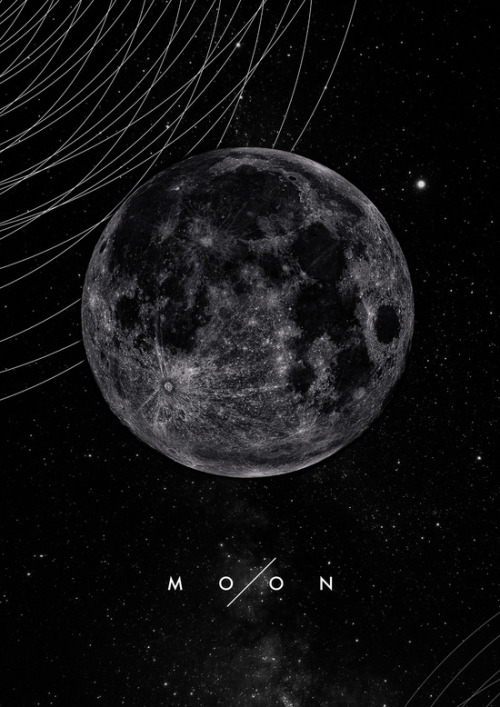
Alexander Pohl

Flying Through an Aurora, another astounding image captured by ESA astronaut Alexander Gerst http://space-pics.tumblr.com/

Staring at the sun does make you go blind. The lens in your eye concentrates the sun’s rays, which burn a permanent blind spot into your retina- just like ants under a magnifying glass. This effect is amplified during a solar eclipse.
It’s called solar retinopathy.
Source

Sky-piercing towers, Hyperloop transports, driverless cars, and 3D-printed buildings. Welcome to Dubai, the City of the Future.

Scientists Are Working on a Real-Life Invisibility Cloak
An actual invisibility cloak? We may be getting close. Scientists at the University of Rochester have created the “Rochester Cloak,” a device that effectively makes the object behind it invisible by making light move around it. http://futurism.com/videos/scientists-working-real-life-invisibility-cloak/
Jeff Williams: Record Breaker
Astronaut becomes U.S. record holder for most cumulative time in space!
The Olympics are over, but Americans are STILL breaking records. NASA astronaut Jeff Williams just broke Scott Kelly’s record of 520 cumulative days spent in space. When Williams returns to Earth on Sept. 5, he will have racked up 534 days in space. To celebrate this amazing achievement, here are some of the best images taken during his four spaceflights.

STS-101 Atlantis:
During May 2000, Williams made his first spacewalk during space shuttle Atlantis’ STS-101 mission. On this 10-day mission, Williams’ first spacewalk lasted nearly seven hours. He is pictured here outside the space station.

Expedition 13:
Williams experienced his first long-duration mission in 2006, when he served as flight engineer for Expedition 13 space station mission. During his time in orbit, he performed two spacewalks, saw the arrival of two space shuttle missions and resumed construction of the orbiting laboratory during his six-month tour. While on one of those spacewalks, Williams took this selfie.

Expedition 21/22:
Williams returned to space for another six-month mission in 2009 as a flight engineer on Expedition 21 and commander of Expedition 22. During that time, he hosted the crews of two space shuttle missions. The U.S.-built Tranquility module and cupola were installed on station. Here is an image of the then newly installed cupola.

Expedition 47/48:
This time around, Williams has been onboard the space station since March 2016, where he served as flight engineer for Expedition 47 and now commands Expedition 48. With over 7,000 retweets on Williams’ photo of an aurora from space, his Twitter followers were clearly impressed with his photography skills.
Make sure to follow us on Tumblr for your regular dose of space: http://nasa.tumblr.com
-
 sonicsoundscapes liked this · 6 years ago
sonicsoundscapes liked this · 6 years ago -
 best-hotels-posts reblogged this · 8 years ago
best-hotels-posts reblogged this · 8 years ago -
 societysonlooker reblogged this · 8 years ago
societysonlooker reblogged this · 8 years ago -
 fairytail-ship-obsessed liked this · 8 years ago
fairytail-ship-obsessed liked this · 8 years ago -
 chromaticallyaroused liked this · 8 years ago
chromaticallyaroused liked this · 8 years ago -
 chaosnebula reblogged this · 8 years ago
chaosnebula reblogged this · 8 years ago -
 vibybutotojito535462-blog liked this · 8 years ago
vibybutotojito535462-blog liked this · 8 years ago -
 sunhineca liked this · 8 years ago
sunhineca liked this · 8 years ago -
 poetcc-things liked this · 8 years ago
poetcc-things liked this · 8 years ago -
 mona-roza0 reblogged this · 8 years ago
mona-roza0 reblogged this · 8 years ago -
 spaceismadeofus reblogged this · 8 years ago
spaceismadeofus reblogged this · 8 years ago -
 constellationstar45 liked this · 8 years ago
constellationstar45 liked this · 8 years ago -
 furiouscupcakemoon liked this · 8 years ago
furiouscupcakemoon liked this · 8 years ago -
 asstroalex reblogged this · 8 years ago
asstroalex reblogged this · 8 years ago -
 cottonpink88 liked this · 8 years ago
cottonpink88 liked this · 8 years ago -
 hazyhippy420-blog liked this · 8 years ago
hazyhippy420-blog liked this · 8 years ago -
 brelleine reblogged this · 8 years ago
brelleine reblogged this · 8 years ago -
 siempre-hay-otra-opcion liked this · 8 years ago
siempre-hay-otra-opcion liked this · 8 years ago -
 z4-para-tu reblogged this · 8 years ago
z4-para-tu reblogged this · 8 years ago -
 carlosemiliopir liked this · 8 years ago
carlosemiliopir liked this · 8 years ago -
 probablyprongs liked this · 8 years ago
probablyprongs liked this · 8 years ago -
 tothestarsonwings liked this · 8 years ago
tothestarsonwings liked this · 8 years ago -
 snowjemmer reblogged this · 8 years ago
snowjemmer reblogged this · 8 years ago -
 snowjemmer liked this · 8 years ago
snowjemmer liked this · 8 years ago -
 greyshifteryarns-blog liked this · 8 years ago
greyshifteryarns-blog liked this · 8 years ago -
 smokeselks reblogged this · 8 years ago
smokeselks reblogged this · 8 years ago -
 risebrow-blog liked this · 8 years ago
risebrow-blog liked this · 8 years ago -
 rc12045278-blog liked this · 8 years ago
rc12045278-blog liked this · 8 years ago -
 jhale667 liked this · 8 years ago
jhale667 liked this · 8 years ago -
 no-cover-blog liked this · 8 years ago
no-cover-blog liked this · 8 years ago -
 craptastic-crap liked this · 8 years ago
craptastic-crap liked this · 8 years ago -
 ratauk liked this · 8 years ago
ratauk liked this · 8 years ago -
 miketownsends liked this · 8 years ago
miketownsends liked this · 8 years ago -
 mercy-angel-09 reblogged this · 8 years ago
mercy-angel-09 reblogged this · 8 years ago -
 nasauniversefan-blog liked this · 8 years ago
nasauniversefan-blog liked this · 8 years ago -
 catceleste liked this · 8 years ago
catceleste liked this · 8 years ago -
 mrchaoticftl-blog liked this · 8 years ago
mrchaoticftl-blog liked this · 8 years ago -
 wastelandmiracle reblogged this · 8 years ago
wastelandmiracle reblogged this · 8 years ago -
 wastelandmiracle liked this · 8 years ago
wastelandmiracle liked this · 8 years ago